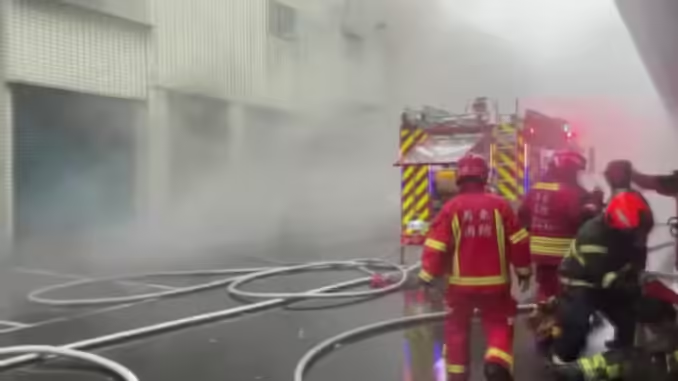
Such a tragic event. Fires in healthcare settings are particularly devastating due to the vulnerable populations they serve. The loss of 45 lives is heart-wrenching and highlights the urgent need for improved safety protocols and emergency response systems in hospitals.
In the aftermath of such a disaster, it’s essential to focus on a few key areas: the immediate response, the investigation into the cause, support for the victims’ families, and broader implications for hospital safety.
Immediate Response
When the fire broke out at the West Indies General Public Hospital, emergency services would have faced immense challenges. Hospitals are typically designed to protect patients from fire, but a rapid and unexpected blaze can still create chaos. Evacuation protocols must be promptly activated, and staff trained in emergency procedures play a critical role in ensuring patient safety. The successful evacuation of patients, especially those in critical care, requires extensive training and preparation.
Investigation into the Cause
Determining the cause of the fire is crucial. Investigations often involve multiple agencies, including fire departments and health authorities. Understanding how the fire started can help prevent future incidents. Was it due to faulty equipment, electrical issues, or negligence? Each potential cause will inform future safety regulations and practices.
Support for Victims’ Families
The emotional toll on families who lost loved ones is immeasurable. Hospitals often have resources to assist with grief counseling, but the scale of this tragedy means additional support systems may be necessary. Community organizations and mental health professionals can provide vital assistance to those affected.
Broader Implications for Hospital Safety
This incident underscores the need for stricter fire safety regulations in healthcare facilities. While many hospitals have robust safety measures in place, the sheer scale of this tragedy calls for a reevaluation of existing protocols. Enhanced training for staff, better fire detection systems, and regular safety drills can help ensure preparedness in case of emergencies.
Public Reaction and Policy Change
The public’s reaction to such tragedies can often lead to significant policy changes. Advocacy groups may emerge, demanding accountability and reform. In the wake of this disaster, there may be calls for government investigations into hospital safety standards, potentially resulting in new legislation aimed at preventing similar occurrences in the future.
Community Resilience
In the face of such loss, communities often come together. Vigils and memorial services allow individuals to grieve collectively and support one another. This sense of unity can help individuals cope with the profound sorrow that accompanies such events.
Conclusion
The fire at the West Indies General Public Hospital serves as a somber reminder of the vulnerabilities within healthcare systems. While we mourn the loss of those 45 lives, it is crucial to channel this grief into action—advocating for change, improving safety measures, and supporting those left behind. Tragedies like this should motivate us to prioritize the safety and well-being of patients in all healthcare environments.
Leave a Reply